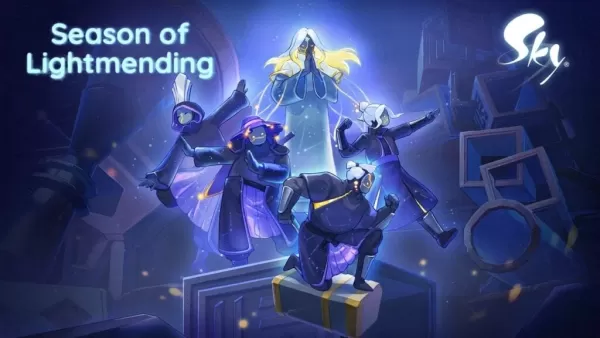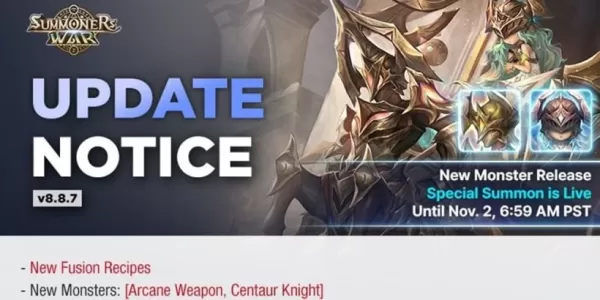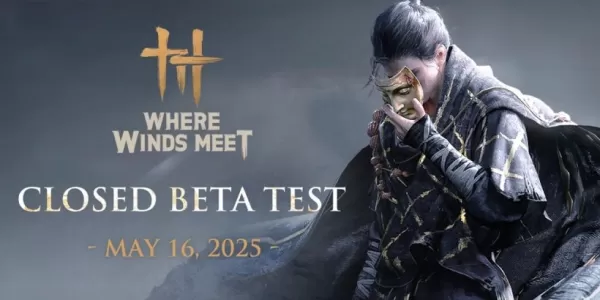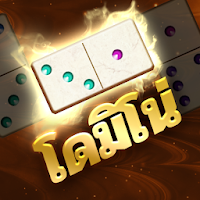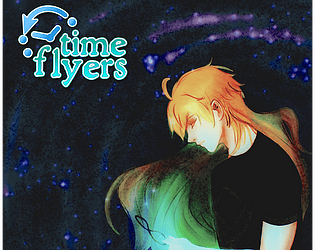Upon arriving in the floating city of Columbia, BioShock Infinite's protagonist Booker DeWitt finds himself hunted by authorities who've spent years stoking xenophobic paranoia. Their desperate witness descriptions spiral into absurdity—depicting DeWitt as everything from a mixed-race dwarf to a mustachioed anarchist with comically exaggerated features.
This satirical detail brilliantly exposes Columbia's crumbling belief systems—a theme that resurfaced during Xbox's showcase for Clockwork Revolution. While trading Columbia's skies for mud-churned streets, InXile's steampunk RPG similarly depicts societal fractures through unreliable narration.
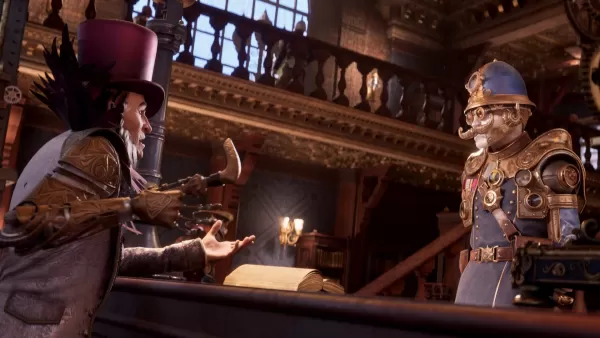
The parallels extend beyond aesthetics—both games employ exaggerated witness testimony. But where BioShock critiqued prejudice, Clockwork Revolution showcases its flexible character creation. This isn't just another shooter; it's a full-blooded RPG where background choices (like being a streetwise Gearsmith or scholarly Bookwarden) ripple across timelines.
Clockwork Revolution shares more DNA with Obsidian's The Outer Worlds 2 than Ken Levine's work. Both emphasize reactive storytelling through traits like "Steam Whisperer" or deliberately choosing the "Dumb" perk—letting players fix computers with canned meats when conventional solutions fail.
The games' vibrantly caricatured worlds—where mechanical constables scrutinize your charisma points—embrace RPG chaos. Case in point: provoking a shopkeeper until he brains his assistant with a candlestick while quipping about ocular proof.
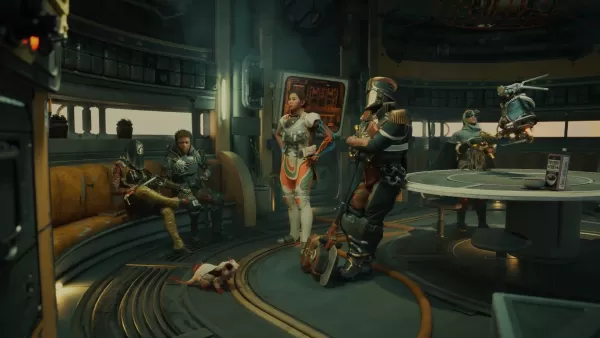
While not everyone will appreciate musical swords that reward rhythmic combat, these games make eccentricity optional. That freedom—whether creating a silver-tongued rogue who alarms robot detectives or embracing glorious failure—keeps the genre vibrant. Personally? I'll be crafting Clockwork Revolution's most suspiciously charismatic criminal while enjoying every knowingly ridiculous moment.

